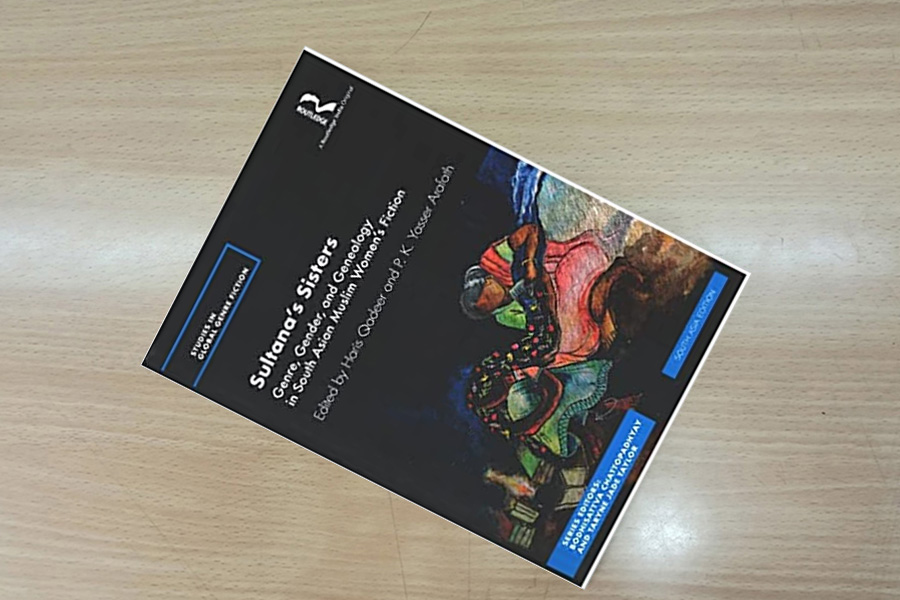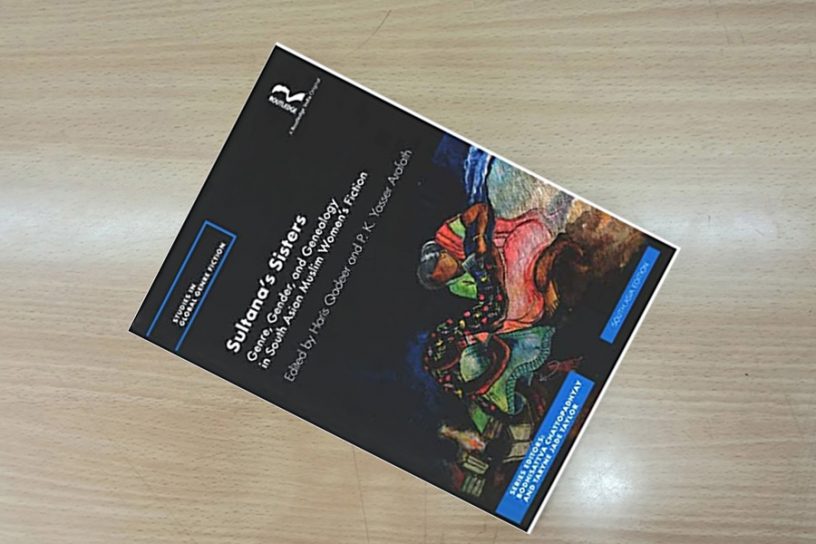
This chapter analyses Selina Hossain’s Hangor Nodi Grende (A Shark, A River, A Grenade 1076) and Shaheen Akhatar’s Talaash (The Sear 2004), set almost three decades apart, to argue that the genre of ‘1971 Novels’ operated within an imbricated discursive field of the popular and the literary.
Author
Mosarrap Hossain Khan, Assistant Professor, Jindal Global Law School, O.P. Jindal Global University, Sonipat, Haryana, India.
Summary
As the division between ‘literary fiction’ and ‘genre fiction’ breaks down gradually, the novels around the Bangladesh Liberation War – which I call ‘1971 Novels’ in this chapter – pose a conundrum about the transformation of the novel from its early novelty to early 20th century commercial manifestation.
In the case of ‘1971 Novels,’ the tension between social facts and individual experiences is particularly striking because these novels, at least the less literary ones, often narrate the sociological experience of the birth of a new nation, Bangladesh from Pakistan, or try to recreate an authentic history, in which the individual experience gets subsumed within the larger political project.
This chapter analyses Selina Hossain’s Hangor Nodi Grende (A Shark, A River, A Grenade 1076) and Shaheen Akhatar’s Talaash (The Sear 2004), set almost three decades apart, to argue that the genre of ‘1971 Novels’ operated within an imbricated discursive field of the popular and the literary.
Published in: Haris Qadeer and P. K. Yasser Arafath (eds), Sultana’s Sisters: Genre, Gender, and Genealogy in South Asian Muslim Women’s Fiction. New Delhi: Routledge, pp.150-59.
To read the full chapter, please click here.


